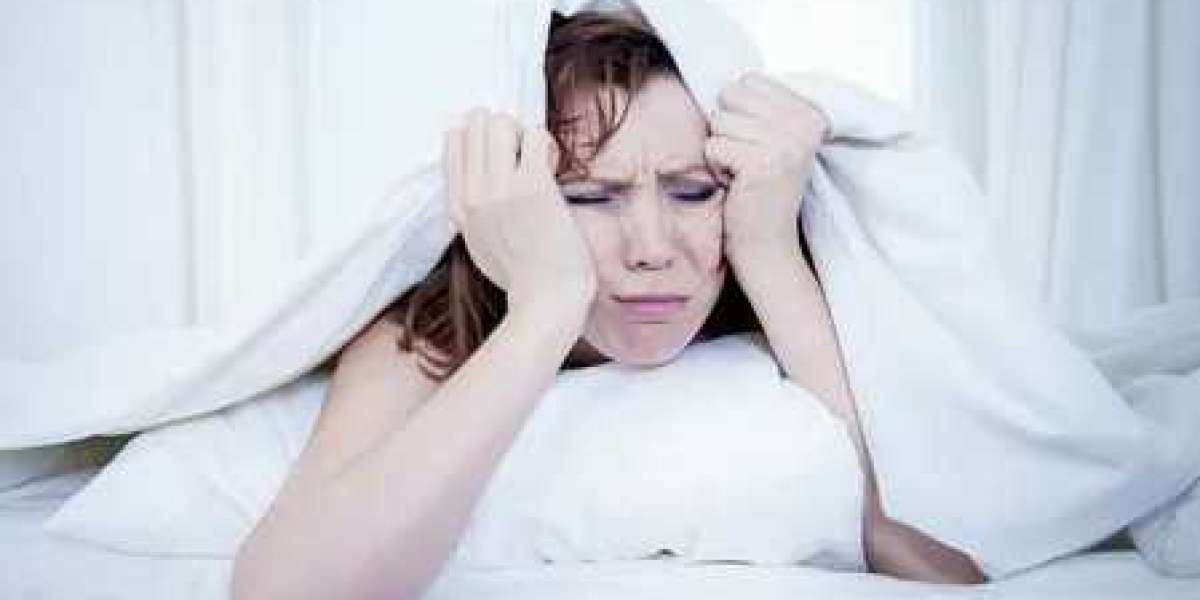A chronic difficulty to fall or stay asleep is known as insomnia, and it affects millions of individuals globally. This illness significantly impairs everyday functioning and causes great distress for a lot of people. Numerous drugs for insomnia have been created and prescribed in order to address this problem. Anyone thinking about treatment has to understand how these drugs function and how users feel about their efficacy. This page explores user reviews of medications for insomnia, providing insight into their experiences, advantages, and possible drawbacks.
The Value of User Evaluations
Reviews from actual users shed light on the viability and efficacy of drugs for insomnia. User evaluations highlight both the good and bad parts of treatment, covering a wider spectrum of experiences than controlled and frequently narrow clinical research. Potential users might use these reviews as a reference when choosing a treatment plan.
Often Recommendations for Sleep Aids
For insomnia, a number of drugs are frequently prescribed; each has a unique mode of action. The principal classifications consist of:
Benzodiazepines
Because of their sedative properties, benzodiazepines like temazepam and diazepam are frequently recommended. They function by amplifying the effects of GABA, a neurotransmitter that encourages rest and sleep.
Hypnotics Other Than Benzodiazepines
Compared to conventional benzodiazepines, non-benzodiazepine hypnotics—such as zolpidem (Ambien) and eszopiclone (Lunesta)—are intended to induce sleep with fewer side effects.
Opponents of Melatonin Receptors
Melatonin receptor agonists, like ramelteon (Rozerem), replicate the effects of the hormone melatonin, which controls the cycles of sleep and wakefulness. Patients who have problems with their circadian cycles are frequently prescribed these.
Depression-fighting drugs
Because of their sedative qualities, several antidepressants, such as trazodone, are also given off-label for sleeplessness. They are especially helpful for those who experience both sleeplessness and depression.
Option Over-the-Counter
Over-the-counter (OTC) antihistamines that can cause drowsiness, like doxylamine and diphenhydramine (Benadryl), are frequently used to treat insomnia temporarily.
Consumer Experiences with Overnight Drugs
Benzodiazepines
Benzodiazepines are quite good at promoting sleep and lowering nightly awakenings, according to a lot of users. On the other hand, a few users have voiced worries over tolerance and reliance. A user wrote, "Temazepam was a lifesaver during my worst bouts of insomnia, but over time, I needed higher doses to achieve the same effect."
Hypnotics Other Than Benzodiazepines
Reviews of non-benzodiazepine hypnotics are often favorable due to their rapid induction of sleep. One zolpidem user reported, "Ambien helped me fall asleep within 20 minutes and I stayed asleep for a full 7 hours." Nonetheless, a few users claim to have displayed strange habits, like memory loss or sleepwalking. A other review noted, "While Lunesta helped me sleep, I sometimes woke up feeling groggy and couldn't remember parts of my evening."
Opponents of Melatonin Receptors
Reviews for melatonin receptor agonists, such as ramelteon, are not unanimous. Some consumers value their low negative effects and lack of addiction. A review stated, "Rozerem felt very natural and I didn't experience the grogginess I had with other medications." Others, meanwhile, thought they weren't as useful. Someone wrote, "Ramelteon didn’t really help me stay asleep, and I still woke up multiple times during the night."
Depression-fighting drugs
Antidepressants are frequently commended for their twofold advantages when employed to treat insomnia. One trazodone user wrote, "It helped with both my depression and insomnia, and I woke up feeling more refreshed." However, adverse symptoms like dry mouth and tiredness during the day are frequently reported. "Trazodone knocked me out," said a different user, "but I felt sluggish the next day."
Option Over-the-Counter
Diphenhydramine and other over-the-counter drugs are well-liked due to their availability and prompt results. Users frequently claim notable immediate alleviation. According to one review, "Benadryl worked great for my occasional sleepless nights." Despite this, a lot of users advise against using it frequently because of tolerance and drowsiness the next day. A customer who uses it said, "It helps me sleep, but I wake up feeling very groggy and it doesn't seem as effective after a few nights."
Possible Adverse Reactions and Pointers
Tolerance and Dependency
Tolerance and dependence are risks associated with several insomnia treatments, especially benzodiazepines and some non-benzodiazepine hypnotics. A common worry among users is that they can become dependent on these drugs. A user wrote, "I needed higher doses of my sleep meds over time, and stopping them was very difficult."
Next-Day Fatigue
The tiredness that follows a dose of insomnia medicine is a common complaint. The general quality of life and day-to-day functioning may be greatly impacted by this side effect. According to a user, "While my sleep was better, I struggled to stay alert during the day after taking my medication."
Complicated Sleep Patterns
Sleepwalking, sleep-eating, and even sleep-driving are examples of complicated sleep behaviors that have been linked to some drugs, especially non-benzodiazepine hypnotics. These actions have the potential to be hazardous and unsettling. "I woke up one night to find I'd driven to a nearby store and had no recollection of it," wrote a zolpidem user.
In summary
Reviews of insomnia medications offer insightful information about consumers' actual experiences. Although these drugs can be useful in treating insomnia, there is a chance that they will have negative consequences. To determine the best course of action, patients must consider these variables and speak with medical professionals. Knowing what consumers are saying about their experiences with various insomnia treatments might help those who are having trouble sleeping by providing direction and comfort on their path to better sleep.













